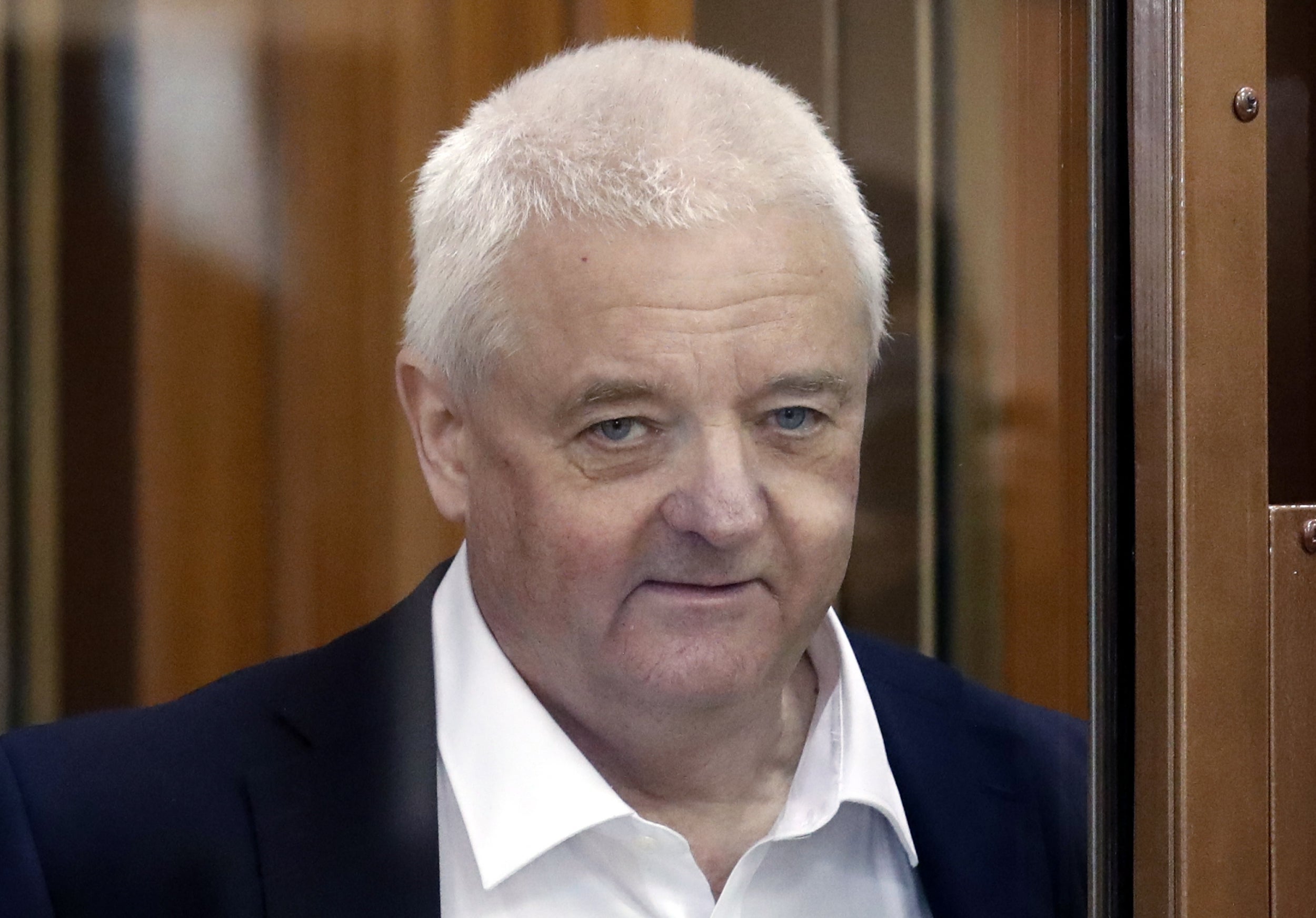Russia, Norway and Lithuania agree novel three-way spy swap
Norway had no Russian spies to deal – so Lithuania stepped in

Your support helps us to tell the story
From reproductive rights to climate change to Big Tech, The Independent is on the ground when the story is developing. Whether it's investigating the financials of Elon Musk's pro-Trump PAC or producing our latest documentary, 'The A Word', which shines a light on the American women fighting for reproductive rights, we know how important it is to parse out the facts from the messaging.
At such a critical moment in US history, we need reporters on the ground. Your donation allows us to keep sending journalists to speak to both sides of the story.
The Independent is trusted by Americans across the entire political spectrum. And unlike many other quality news outlets, we choose not to lock Americans out of our reporting and analysis with paywalls. We believe quality journalism should be available to everyone, paid for by those who can afford it.
Your support makes all the difference.Russia, Lithuania and Norway made history on Friday with a three-way spy swap freeing a total of five men.
The tricky manoeuvre was designed to get around the fact Norway had no Russian spies to swap for its own citizen jailed by Russia.
The move began in Vilnius in the morning, when Lithuania’s president Gitanas Nauseda pardoned two Russians. The pardons had been expected ever since the country’s parliament voted to extend Mr Nauseda such rights last week.
Sergey Moiseyenko and Nikolai Filipchenko, described as career intelligence officers, were convicted of spying for Russia in 2014 and 2015 respectively.
Then, the focus turned to Moscow. Around midday, Sergei Naryshkin, head of the SVR, Russia’s Foreign Intelligence service, announced “mirror measures” would soon follow.
It was left to local press to fill in the details.
Completing a spy triangle, it was reported that Russia would release Yevgeny Mataitis and Aristidas Tamosaitis, two Lithuanians convicted of spying in 2016. And it would also release Frode Berg, the Norwegian in the middle of a 14-year sentence.
Mr Berg, a retired Norwegian border guard, had become somewhat of a cause celebre since his arrest in December 2017.
The 63-year-old was detained in Moscow after being caught sending cash and instructions to various contacts.
Almost immediately, Mr Berg admitted to running errands on behalf of the Norwegian intelligence services. But he denied knowledge of the mission and rejected charges that he had been collecting documents related to nuclear submarine science.
Mr Berg’s ongoing detention had been a major source of irritation between Norway and Russia. The issue was brought up several times in the last year at the highest level. But the absence of spy collateral in Norway – there are no Russian officers in its jails – made a deal tricky.
That barrier was removed with the participation of Lithuania in the triangular scheme.
Join our commenting forum
Join thought-provoking conversations, follow other Independent readers and see their replies
0Comments